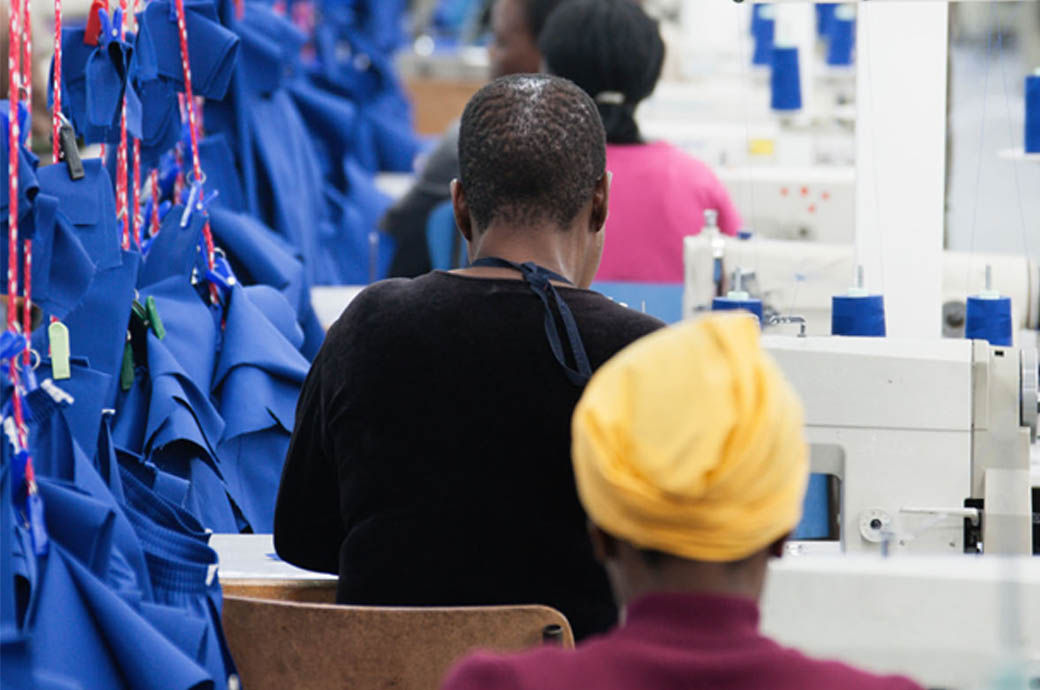
The report explores research gaps and five key themes that summarise the focus of the current evidence base: labour market and sectoral transformation, informality and the circular economy, work reallocation and skills development, working conditions and social protection, and gender discrimination and social equity.
For the full potential of circular economy interventions to be realised, people’s needs and livelihoods must be central to actions across countries and industries, the report, supported by the Goldschmeding Foundation, said.
The report is the first output of the broader ‘Jobs in the Circular Economy’ initiative between the three partners.
The initiative aims to identify multiple gaps in the evidence base for circular jobs through collaboration with an international community of research institutions, industry representatives, social partners, governments and public bodies.
“Processes should actively embrace the circular economy as a tool for sustainable economic development and a just transition towards sustainable low-carbon societies,” the report noted.
For circular economy interventions to support a just transition to a sustainable low-carbon society in which the planet and all people can thrive, two main dimensions should be prioritised.
The first is promoting social and climate justice to rectify existing inequalities in value chains, including within labour markets and communities already experiencing the impacts of climate change.
The second is anticipating and mitigating potential negative future impacts on workers and industries that come with the transition to low-carbon economies and industries.
Employment and wider socio-economic and environmental policies promoting circular economy interventions must embed decent work evidence and indicators to support human development and improvements to people’s well-being around the world, the report added.
Fibre2Fashion News Desk (DS)